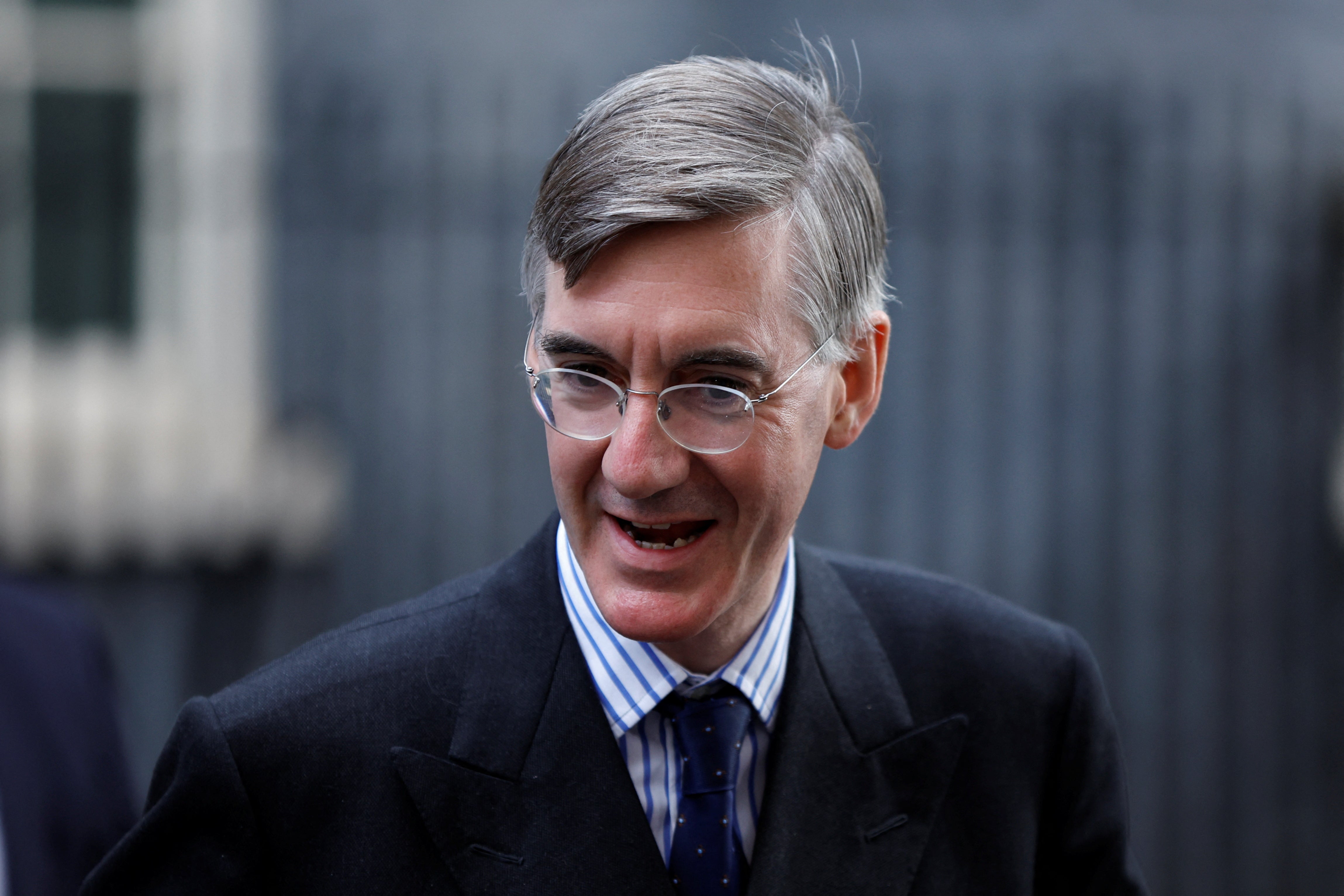Rees-Mogg’s energy plan for business is only for the short term
Too many firms will still be facing uncertainty in three months’ time, says Sean O’Grady


It’s not the kind of phrase that falls easily from the lips of the fogeyish Jacob Rees-Mogg, but his statement on the energy crisis was something of a “nothingburger”. It is unlikely, in the longer term, to fulfil the business secretary’s claim that it is “supporting growth, preventing unnecessary insolvencies and protecting jobs.”
The energy relief business scheme has a good deal of detail attached to it – including examples, for a typical pub and school, to show how it will work. Like the domestic equivalent, it may shield most businesses from the spike in gas and electricity bills, crucially through what would otherwise be a ruinous winter season. It is unprecedented – there was nothing like this during the 1973 quadrupling of oil prices, for example – and must be difficult for a free-market enthusiast such as Rees-Mogg to stomach. With a man such as that, the suspicion must always be that his natural reaction to pleas for help would be: “Why are you waving your gas bill at me? It’s your responsibility to sort it out.” Businesses might go to the wall and skilled workers be thrown on the dole, but the “true” Rees-Mogg might express the view that the market will provide, and creative destruction is essential to a dynamic economy.
As it is, the scheme is likely to be so expensive to the exchequer that Rees-Mogg is too shy to put a figure on it, though he acknowledges it will run to the tens of billions. It will be funded, as with the other schemes, by public borrowing, while the energy generators sit on their hefty windfall profits and the big banks are groaning to give away huge bonuses to their staff. The “optics”, as they say, are problematic. That could well be why the business secretary, a self-styled champion of parliament, is so reluctant to subject himself to questioning by MPs. Why the opposition failed to table an early urgent question and force his attendance in the chamber is unclear.
From a business point of view, the scheme is very mixed news. In the short run, it represents salvation. But after the review of the scheme in three months, what? And that, for a government so keen on boosting investment, productivity and the trend growth rate, is the problem. There will still be too many SMEs faced with enormous uncertainty about the business environment in three months’ time, and the vague assurances of help from Liz Truss and Rees-Mogg won’t pay off the overdraft. Where are interest rates headed? Inflation? The pound? Very few entrepreneurs will feel bullish enough to hire staff or buy new equipment when the risk of resultant exposure and failure is so great. Corporation tax cuts wiped out by increases in the cost of borrowing to invest or fund working capital look very futile.
Perhaps the progress of the war in Ukraine and events in the Kremlin will soon come to rescue the world from recession and Britain’s businesses from ruin. If not, then they will soon have to once again turn to Rees-Mogg for salvation.



Join our commenting forum
Join thought-provoking conversations, follow other Independent readers and see their replies
Comments